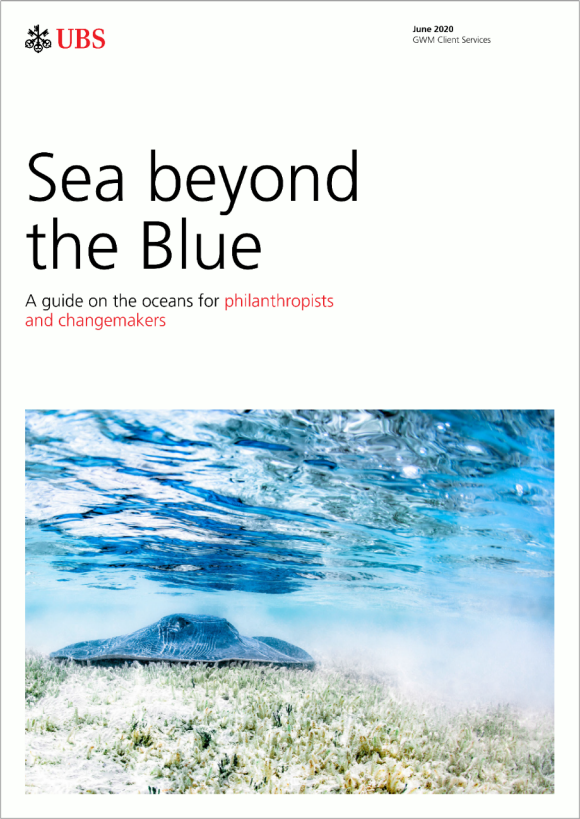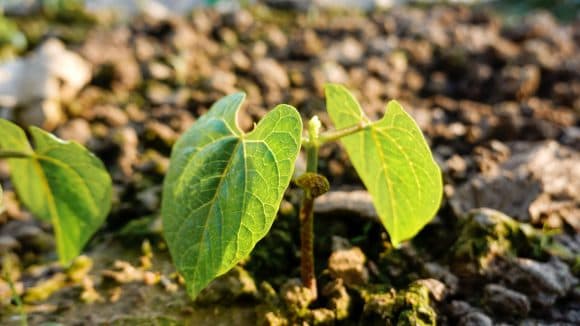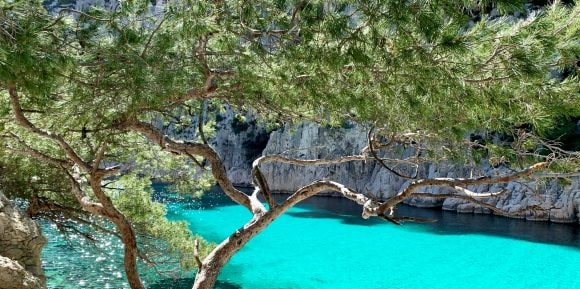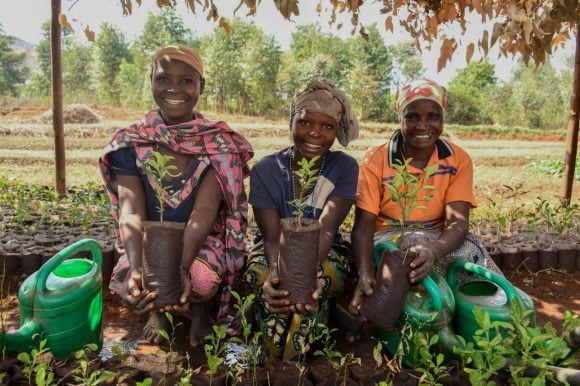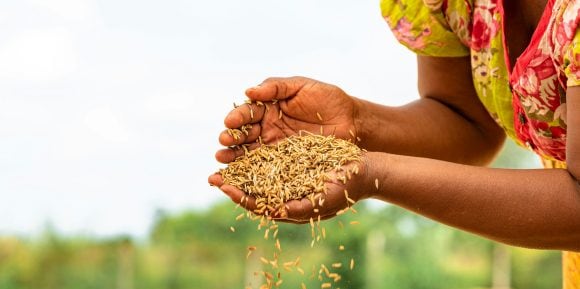Going green before green goes
According to the world’s leading scientists, we can avoid the very worst impact of an overheating planet if we cut our emissions in half over the next 10 years.1 Philanthropy is urgently needed to identify and help scale a range of climate solutions to create a cleaner, safer and a more equitable future for all.
Climate change threatens all life on earth. Unless we act urgently, we’ll face an ever-growing threat of environmental catastrophe. Solutions that work exist! Only by collaborating radically with a razor-sharp focus can we bring them to the scale we need to mitigate the effect of climate change and build resilient livelihoods.
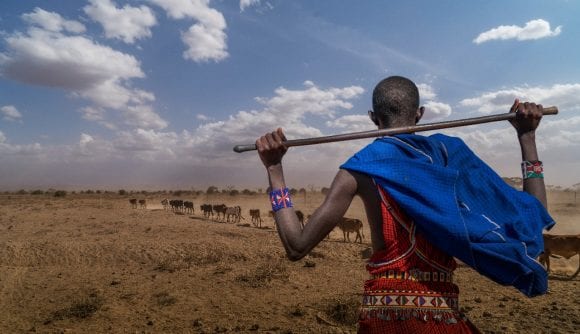
The challenges we face
Increasing mortality
Research shows that 3.6 billion people already live in areas highly susceptible to climate change. Between 2030 and 2050, climate change is expected to cause approximately 250 000 additional deaths per year, from undernutrition, malaria, diarrhea and heat stress alone.
Species disappearing
In a UN report published in 2019, scientists warned that one million species - out of an estimated total of eight million - are threatened with extinction, many within decades.
Loss of livelihoods
Research from 2015 revealed the planet had lost around one-third of its arable land in the previous 40 years, in large part due to climate disasters and poor conservation. And every year more trees and soil are lost.
Displaced communities
Global warming is causing sea levels to rise, threatening coastal population centers.
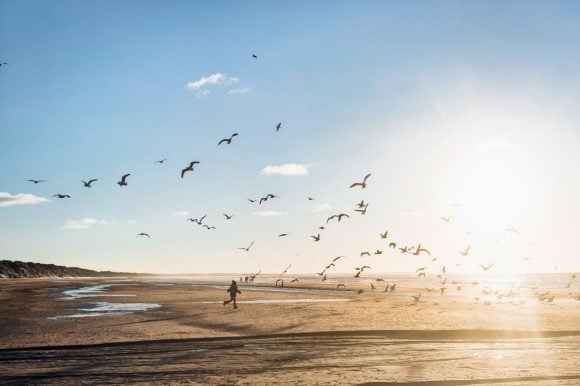
Taking action
We stand at a crossroads. One way is a world where everyone can live happily, healthily and prosperously. The other, a planet ravaged by drought, fire, flood, famine, conflict and poverty. That's the road we're on right now: a road to spiraling global temperatures, life-threatening weather, ill-health and social unrest arising from scarce resources and migrating populations.
Working with UBS Optimus Foundation, you'll discover the expertise and many programs that support tackling climate change head on. Like you, UBS is on a journey to help get the world's climate back on track – and we'd love to join you on yours.
Want to learn more?
Want to learn more?
Oceans have absorbed over 93% of heat rises since 1970.3 They’re an important climate regulator, as they capture and store over a third of carbon emissions and absorb more than 90% of excess heat from the air.4 Without our oceans, our planet would be vastly warmer.
Download our Sea beyond the blue and discover how we can restore the ocean, together.
A guide on the oceans for philanthropists and changemakers
Our priority areas
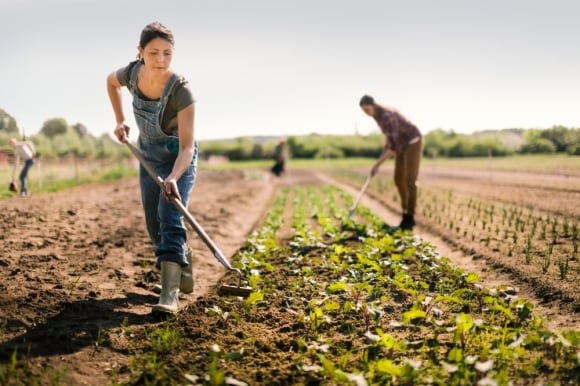
Sustainable land use
Investing into Ecosystem protection, conservation (forests, peatlands, rangelands, wildlife) and restoration of degraded lands.
Shifting agricultural practices to climate smart and sustainable practices to reduce agriculture-related greenhouse gas emissions and reduce vulnerabilities to climate shocks.
Expected outcomes include reduced deforestation, habitat destruction, climate resilient agro-ecological landscapes, embedding nature-positive outcomes and improved farm incomes.

Marine and coastal ecosystems
Support development and implementation of sustainable fisheries and aquaculture in vulnerable coastal communities.
Blue Carbon: Coastal wetland conservation and restoration (mangroves, seagrass, tidal saltmarsh); establish and support Marine Protected Areas
Our approach
Problems
Climate Change
IPCC estimates that Agriculture and food systems contribute ~13% of annual GHG emissions, projected to increase by 30% by 20502. Oceans have absorbed 90% of heat, generated by climate change, and 30% of CO2.
Biodiversity Loss
Biodiversity is declining faster than at any time in human history, with average drop of 69% in species populations since 1970. Of total 8 million species, nearly 1million are threatened with extinction. Grounded in a meticulously crafted theory of change, let us share the solutions and outcomes we aim to achieve with you and our partners.
Solutions
Mitigate climate change whilst supporting vulnerable communities and sustaining biodiversity through improving climate change mitigation and adaptation:
1. Food systems & sustainable agriculture
- Support for ecosystem protection and conservation (forests, peatlands, rangelands) and restoration of degraded lands
- Shifting agricultural practices to become more sustainable:
- increasing climate resilience
- adapting conservation and regenerative agriculture, agroforestry
Outcomes
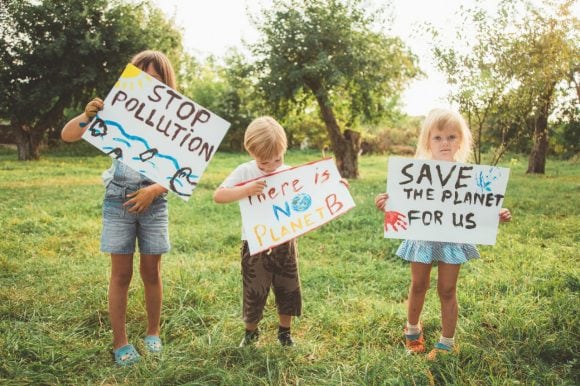
1. CO2 emissions sequestered or avoided
2. Improved policy and evidence for blue carbon markets and sustainable marine enterprises
3. Reduced deforestation and reduced conversion of natural ecosystems
Our impact
As of 2023, our environment portfolio includes:
- 0 millionUSD grant / social investments value
- 0countries
- 0species conserved
- 0 millionhectares protected
Our programs
This is just a sample of the partners we work with — contact us to discover the full portfolio.
Impact agenda
Get inspired
Meet our partner
Pretaterra
Maria Angelica Naldi is the daughter of coffee plantation workers in Timburi, Brazil. Today, she's one of the farmers implementing Pretaterra's roadmap for an agroforestry system to help build back biodiversity and drive sustainable land use.
Did you know that an increasing global demand for coffee coupled with climate change and weakened ecosystems has led to vast degradation of land across Brazil? This is unsustainable for both farmers like Maria and for the communities they farm in. Hear firsthand how our partner's approach has helped her land to thrive and supported her community.
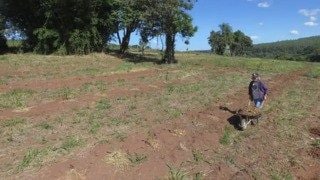
Further reading
Article
How innovative philanthropic collectives are driving climate action

Discover how the power of collective philanthropy is uniting individuals and experts, national governments and local organizations in order to find measurable and sustainable solutions.
Guide
On thin ice — a guide to address climate change
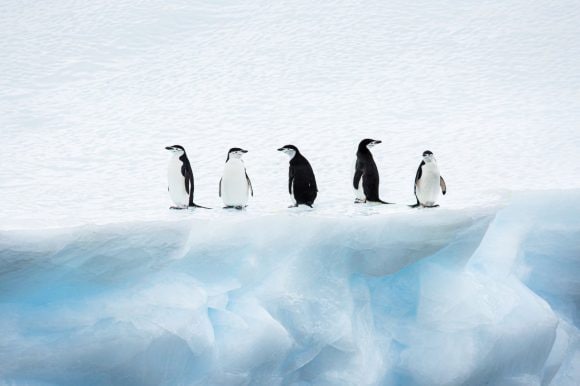
On thin ice is a guide for all who wish to address climate change and combines the expertise of more than 40 climate experts, philanthropists and changemakers, with UBS´s twenty plus years of experience in advising clients on making an effective impact. Find out how you can make a difference.
Guide
Seeds of Change: A guide to protect life on land

This guide combines the expertise of more than 50 environmentalists, philanthropists and changemakers, together with UBS’s 20+ years of experience in advising clients on making an effective impact. Find out how you can take action.
Guide
Sea beyond the Blue: A guide on the oceans
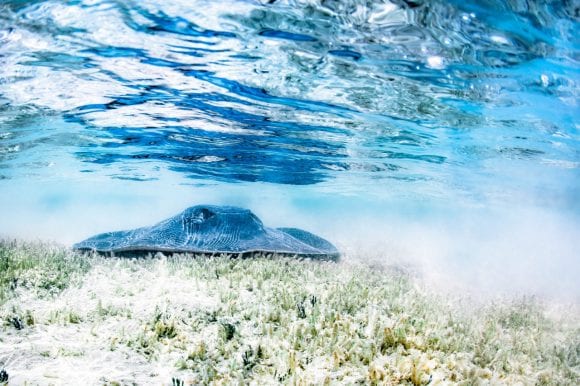
With this guide, we are bringing you over 20 years of experience in advising our clients on strategic philanthropy and the expertise of over 60 ocean experts, philanthropists, and changemakers who shared with us – and now with you – what they feel the priorities for ocean conservation are, what they have learned over the years, and their best tips to help you take impactful actions.
It's behavior we need to change using things properly instead of banning them.
People need to go below water and experience the beauty and issues firsthand. It is only by changing the mindset of people that we will change the system.
Meet our team
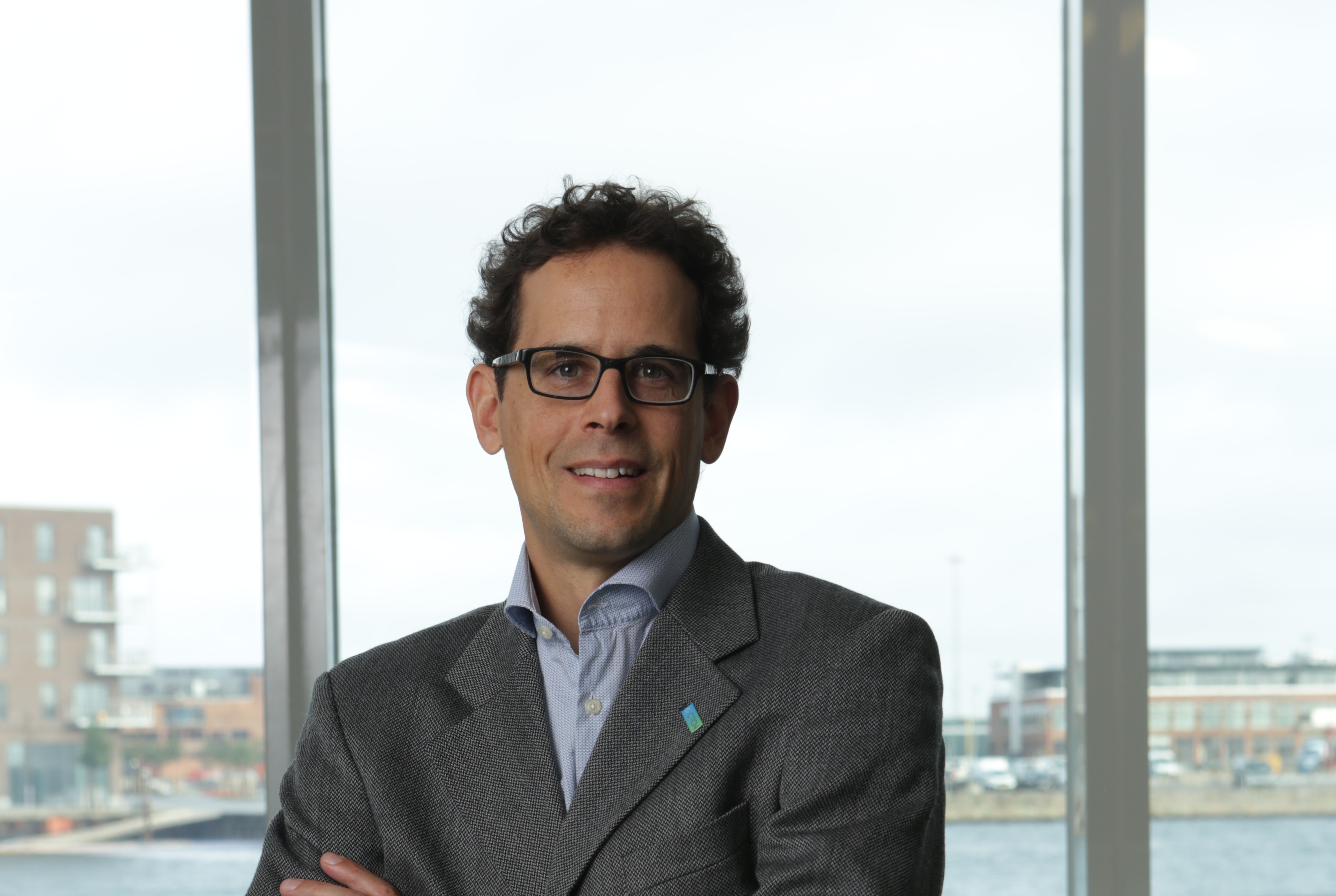
Patrick Nussbaumer
Program Director, Climate and Environment
Patrick joined the UBS Optimus Foundation in July 2024 as the Strategic Partnerships Director. He brings extensive experience in private sector development and impact finance, particularly in frontier markets. In his role, he is responsible for developing and nurturing collaborations to co-create impactful programs, mobilize expertise and resources, and deploy innovative instruments aimed at scaling solutions and maximizing impact.
Throughout his career, Patrick has worked in academia and across both private and public sectors, gaining over 20 years of experience in addressing contemporary challenges, with a focus on climate change, mission-driven companies, and startup acceleration. Before joining the Foundation, he held positions at the United Nations, where he designed and implemented flagship interventions.
Patrick holds a degree in engineering, complemented by a PhD in environmental sciences. He is fluent in English, French, and Spanish, and his work is widely published, with more than 20 peer-reviewed articles to his name.

Rohit Das
Program Director, Climate and Environment
Rohit is a climate and environmental expert with over 15 years international experience of working in climate adaptation, environment and water resources management in Asia, Africa, and the Middle East.
Rohit has worked for a variety of public and private sector organizations and is passionate about nature-based solutions that deliver resilience, carbon mitigation and biodiversity outcomes. Most recently, Rohit has worked in developing and implementing financial mechanisms that bridge investment gaps in climate and environmental sectors by bringing together a host of investors, beneficiaries, and other stakeholders. In the past, Rohit has advised several development financial institutions on identification, preparation and implementation of climate and environmental projects.
Rohit holds an MSc in Water Resources Management and a bachelor’s degree in civil engineering.
Support our partners
Get in touch with us for more information on how to get involved and support our partner programs.



